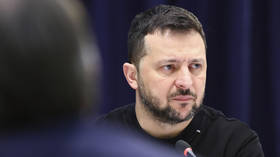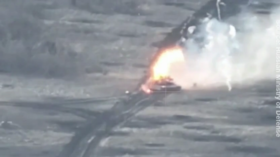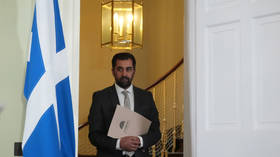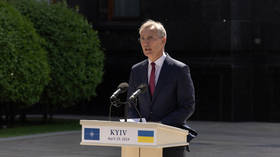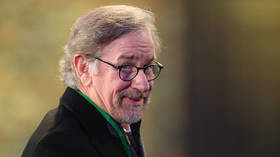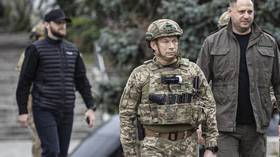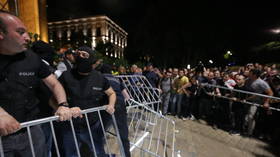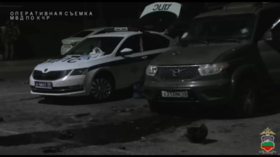Ukrainian general reveals rift between army and government
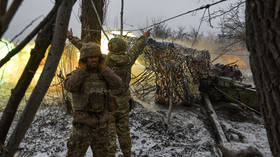
The Ukrainian government wanted the military to figure out how Kiev could defeat Russia but failed to provide data on what resources it had to achieve that goal, an adviser to former Ukrainian commander-in-chief Valery Zaluzhny has said.
In an interview with The New York Times published on Saturday, General Viktor Nazarov offered a glimpse into one of the reasons for the rift between the country’s military and civilian authorities last year.
He noted that army officials were troubled by demands from the government in Kiev, which wanted them to draw “a road map for victory without telling them the amount of men, ammunition and reserves they would have to execute any plan.”
The general lamented that this was one of the factors the civilian authorities “did not understand or did not want to understand” when they asked the military without any strategic reserves to come up with strategic plans.
Nazarov’s comments echoed the remarks of his ex-boss prior to his sacking. In an opinion piece for CNN earlier this month, Zaluzhny blasted “imperfections of the regulatory framework,” as well as the partial monopolization of the national defense industry, which he said resulted in production bottlenecks and exacerbated dependence on foreign arms shipments.
In his November article for the Economist, the former top commander also suggested that the conflict was at “a stalemate,” with both sides having the technological capability to know what the other one is doing, making any advances on the battlefield problematic.
Zelensky fired Zaluzhny, who oversaw Ukraine’s botched counteroffensive las year, and several other top commanders earlier this month. The Ukrainian president has described the decision as “a reboot,” noting that “some things were not changing over the recent period of time.” Some media reports, however, suggested that Zelensky wanted to get rid of Zaluzhny as a potential political rival who was popular with the rank and file.
Zaluzhny was replaced by General Aleksandr Syrsky, whom Politico described as a “butcher” unpopular with the troops who supposedly resented his willingness to throw them into “fruitless assaults.”
Even before Ukraine’s chaotic retreat from the strategic Donbass city of Avdeevka, Syrsky admitted that Kiev was in a “difficult” frontline situation. He has also said that Ukraine has now “transitioned” from offensive actions to strategic defense.
However, commenting on the top brass reshuffle, Kremlin spokesman Dmitry Peskov noted that Moscow did not expect it to have any significant impact on the battlefield.
